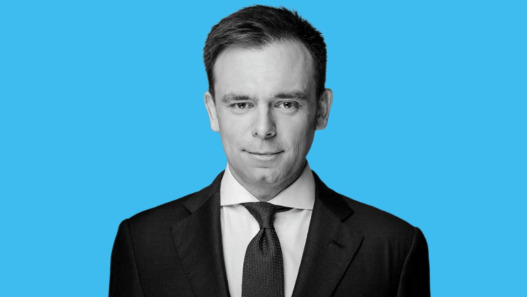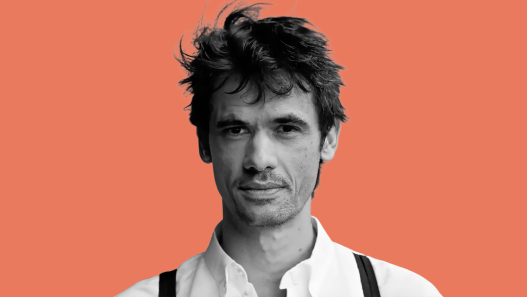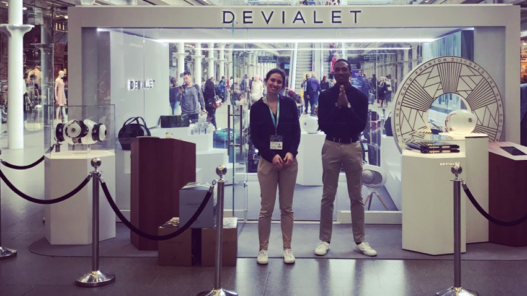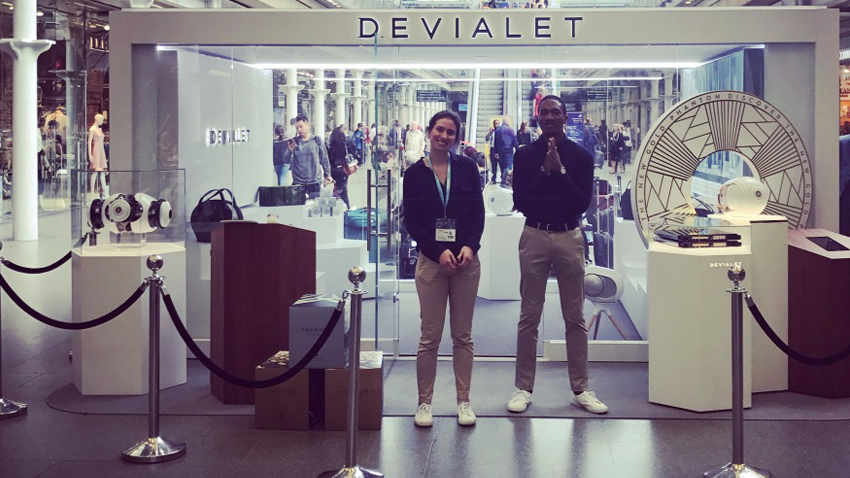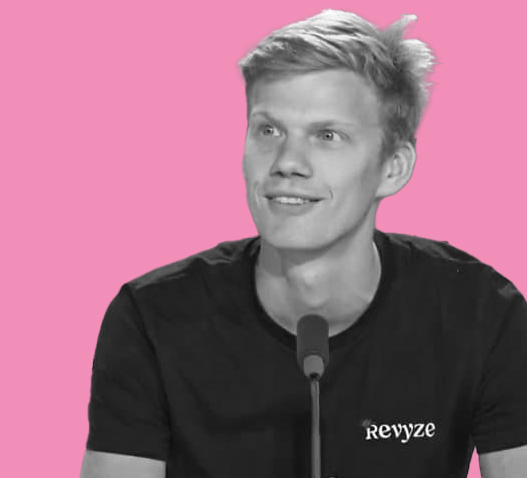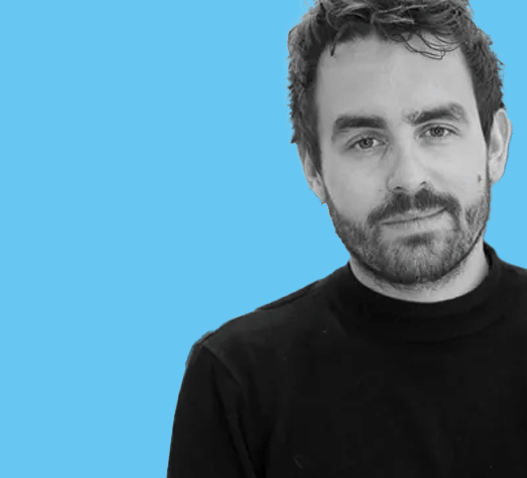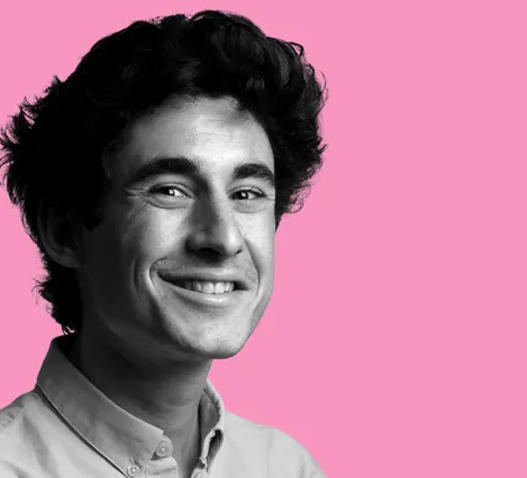Founded in 2007, Devialet has established itself as an emblematic figure of French Tech, with innovations like its D-Premier amplifier and Phantom speaker. However, the company is now facing a financial crisis that puts its future in jeopardy. Faced with a €15 million loss and a 20% drop in revenue, Devialet, according to information revealed by Challenges, has initiated a conciliation procedure to reschedule its debts and attempt to raise new capital. Contacted by our editorial team, Devialet did not respond to our inquiries.
A Critical Situation
Despite its initial successes, Devialet is struggling to recapture the enthusiasm sparked by its early flagship products. Recent launches, such as the Dione soundbar and the Gemini II earbuds, have not managed to significantly boost sales. In light of this, the company has seen its historic investors, including Xavier Niel, Bernard Arnault, and Jacques-Antoine Granjon, become reluctant to reinvest more funds.
This crisis comes at a time when Devialet is seeking new growth drivers internationally, particularly in China and the United States. The hi-fi market, which has been particularly affected by the current economic climate, complicates this diversification strategy.
A Delicate Repositioning
In an effort to regain momentum, Devialet has embarked on a series of partnerships that demonstrate its desire to reinvent itself. Collaborations with Huawei in the Chinese market or BYD in the electric vehicle sector have allowed the company to increase its revenue, but these initiatives have also tarnished the brand’s premium image.
The departure of key figures in 2023, notably Franck Lebouchard, CEO, and Pierre-Emmanuel Calmel, co-founder, marks a turning point in the company’s management. With the appointment of Jacques Demont as CEO in 2024, Devialet is attempting to catch its breath by cutting costs, reducing its workforce, and abandoning its Paris headquarters. This strategic repositioning is accompanied by an ambitious international expansion, notably with the opening of new stores in Shanghai and Beijing, as well as ten retail locations in the Middle East by 2027.
The conciliation process provides a five-month window to implement this recovery plan, but investors are expecting concrete results. The question remains whether Devialet can evolve while staying true to its core identity or if it will need to make compromises to survive in a rapidly changing market.


